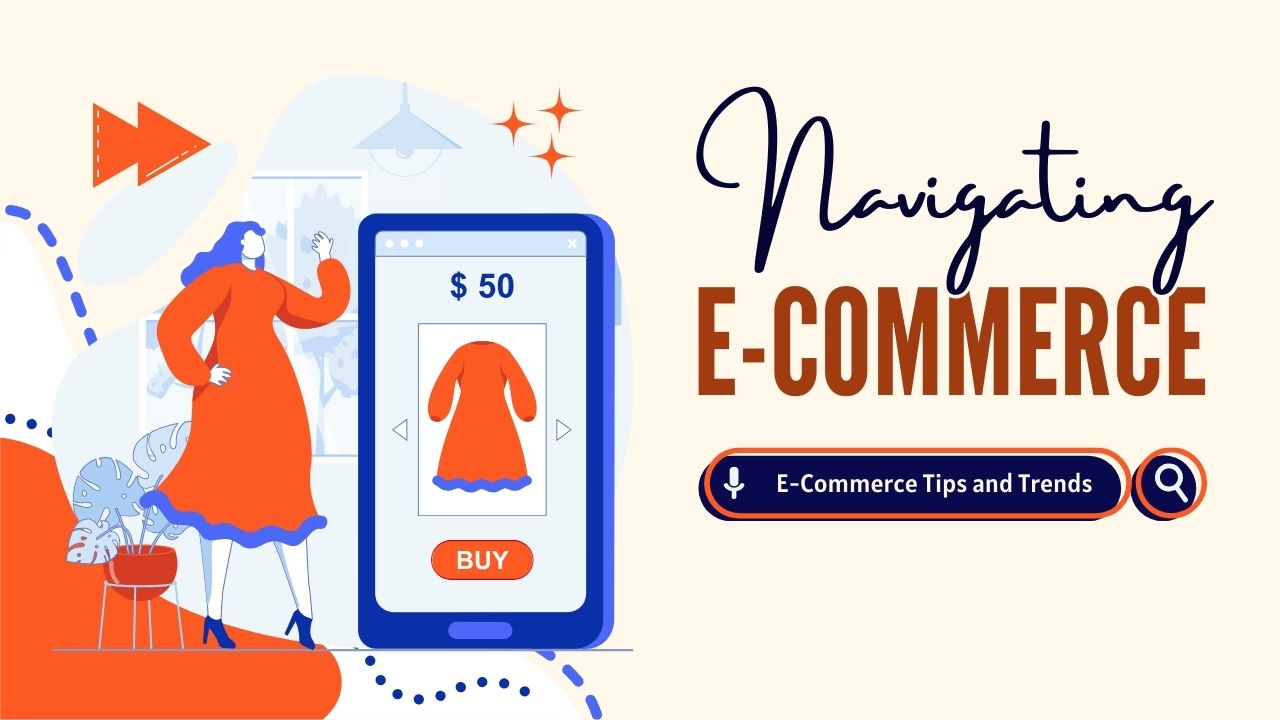Are you ready to leap into the digital world but unsure how? In today’s digital-first market, knowing where to sell is as crucial as knowing what to sell. Every successful entrepreneur needs to decide: build an ecommerce site or lean into the social media market?
Understand Your Customer Base
Diving into ecommerce or social media sales requires understanding your audience. Why? Because a full understanding of your customers shapes your entire strategy. Are your customers tech-savvy or do they love scrolling through social platforms looking for the trendiest buys? Determine your customer’s preference first.
Your audience’s age, interests, and online habits will guide your choice. If they regularly shop online and value comprehensive shopping experiences, ecommerce platforms might be the right fit. However, if they often discover and buy products through social media influencers or peers, then social media channels could be more advantageous.
Weigh the Costs Wisely
Many think that ecommerce sites are expensive to start, but it’s not always true. Platforms like Shopify or Squarespace offer user-friendly and cost-effective solutions, allowing you to have a personalized site. Still, don’t forget hosting costs, payment gateways, or occasional developer fees. But remember, an ecommerce site is like owning a store rather than renting a stall.
On the flip side, social media selling requires fewer upfront financial commitments. Using platforms like Facebook or Instagram Shops minimizes startup costs. Yet, advertising and promotional efforts can rack up quickly. And if one social media platform changes its algorithm, it can drastically impact your sales visibility. It’s like living in an earthquake zone—your foundation can shift overnight.
Leverage Social Proof and Engagement
Let’s face it: social media is where people connect, share, and engage. Selling on these platforms naturally integrates commerce into social conversations. People trust reviews, likes, and shares from their community. Think of it as a digital version of word-of-mouth advertising. According to a 2022 study, 78% of consumers say that posts by companies on social media influence their purchasing decisions.
Contrast this with ecommerce sites where organic engagement can be tougher to generate. For budding businesses or startups, getting your first few reviews or testimonials can feel like a climb. But once you establish trust, returns can be bountiful.
Control Versus Reach: The Tug of War
Building your own ecommerce website gives you ultimate control. From designing the layout, optimizing the site speed, to SEO tweaks—everything is in your hands. It’s akin to building your dream house; you choose everything, from the color of the walls to the type of flooring.
However, social media platforms offer unparalleled reach. Instagram, Facebook, TikTok, or Pinterest immediately expose your products to billions of users. According to recent statistics, approximately 72% of adults use some form of social media. That’s a massive audience ready for immediate engagement without waiting for an SEO strategy to take effect.
Brand Identity: A Crucial Consideration
Your ecommerce site stands as a beacon of your brand identity. You tell your story, offer your vision, all while selling your products. It’s a complete package where your customers learn about your journey and values.
Social media, on the other hand, can dilute this a bit. While you can still narrate your story through posts and captions, the platform’s brand often overshadows yours. Your engaging posts might disappear into a constant stream of content depending on algorithms. You might be recognized as an influencer rather than a brand builder.
What About Security and Trust?
Security is an essential part of ecommerce. With an ecommerce site, you manage the security protocols, ensuring the trustworthiness of your transaction methods. It’s a straightforward way of protecting customer data and building trust through transparency.
Social selling relies heavily on platform security. There’s less flexibility to ensure robust security features. Trust gradually builds through social verifications and user interactions but takes time and consistent effort.
Experiencing the Best of Both Worlds
So, should you choose one over the other? Not necessarily. Many thriving businesses leverage both methods. By combining an ecommerce site with an active social media presence, you play to both fields. This strategy ensures that you enjoy the benefits of comprehensive control while tapping into the vast user base of social platforms.
Running dual channels offers flexibility, allowing you to diversify your approach as trends evolve. Monitor both, adapt your tactics, and optimize for growth on both fronts. This combined approach maximizes exposure and drives sales while keeping your brand nimble.
Ultimately, it comes down to understanding your business’s needs and resources. Choose based on where your audience spends their time and how they prefer to buy. Whether your choice leads you to build an ecommerce site, sell on social media, or a blend of both, the decision should align with your vision and your customer’s buying behaviors.
Ready to take the next step? Discover a strategy tailored specifically for your business.
Book a 1:1 consultation call now.








